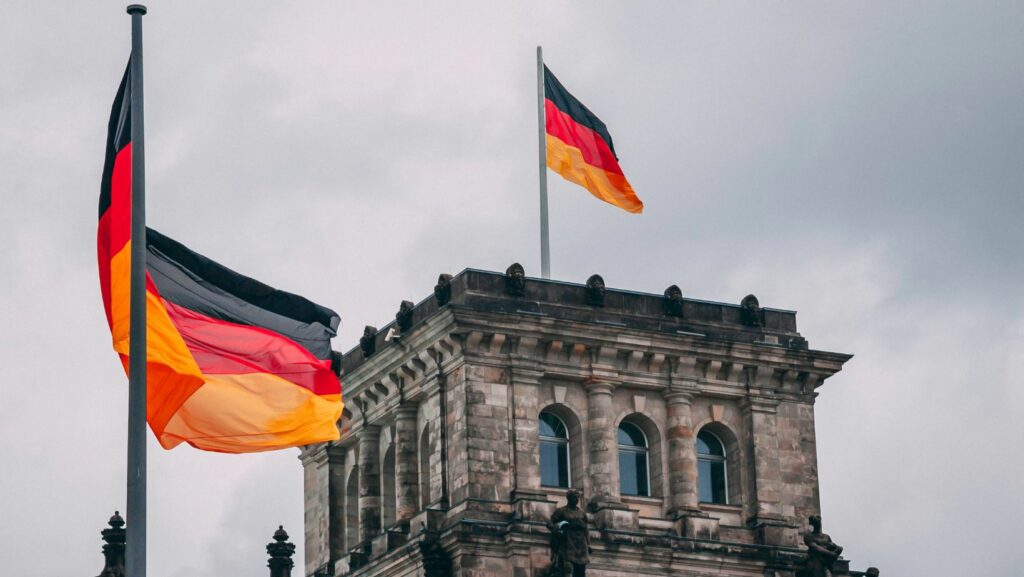After Germany’s Unification In 1871 Industrialization Accelerated And
After Germany’s unification in 1871, industrialization underwent a significant acceleration. This period marked a momentous turning point in the country’s economic growth and development. With the formation of the German Empire, regions that were previously fragmented now united under one centralized government, fostering an environment conducive to rapid industrial expansion.
The consolidation of Germany brought about several key factors that propelled industrialization forward. Firstly, the new political stability and unity provided a solid foundation for long-term planning and investment in industrial sectors. Additionally, the availability of abundant natural resources such as coal and iron ore fueled the growth of heavy industries like steel production and mining.
Furthermore, technological advancements during this era played a vital role in driving industrialization. Innovations in machinery and transportation, such as steam engines and railways, revolutionized manufacturing processes by increasing efficiency and reducing costs. As a result, Germany experienced unprecedented levels of urbanization as rural populations migrated to cities in search of employment opportunities offered by expanding industries.
In conclusion, after Germany’s unification in 1871, industrialization entered a phase of rapid acceleration due to factors such as political stability, access to natural resources, and technological advancements. This transformative period laid the groundwork for Germany’s emergence as an influential global industrial power in subsequent decades.
After Germany’s unification in 1871, the process of industrialization experienced a significant acceleration. The consolidation of the German states into a unified nation brought about various changes that had a profound impact on industrial development.

1. Expansion of Infrastructure: One key effect of Germany’s unification was the expansion and improvement of infrastructure throughout the country. The establishment of a centralized government led to greater investment in transportation networks, such as railways and canals. This facilitated the movement of goods and raw materials, allowing industries to flourish across different regions.
2. Access to Resources: Germany’s unification also provided access to abundant resources within its borders. With an expanded territory encompassing rich coal reserves in the Ruhr region and iron ore deposits in Alsace-Lorraine, the newly unified Germany possessed valuable resources necessary for industrial production. This availability enabled rapid growth in sectors like steel, coal mining, and heavy machinery manufacturing.
3. Technological Advancements: The period following Germany’s unification witnessed remarkable advancements in technology and innovation. Scientific research received increased support from both public institutions and private enterprises. Prominent scientists like Robert Koch and Hermann von Helmholtz made significant contributions to fields such as medicine and physics, fueling advancements that directly impacted industrial processes.
4. State Support for Industries: Under Bismarck’s leadership, the German government implemented policies that supported industrial development by providing financial incentives and protective measures for domestic industries. Tariffs were imposed on imported goods to safeguard local manufacturers while fostering self-sufficiency within different sectors.
5. Skilled Workforce: Germany’s education system underwent reforms after unification, emphasizing technical training alongside academic subjects. This resulted in a skilled workforce equipped with specialized knowledge necessary for modern industries.
Overall, after Germany’s unification in 1871, industrialization accelerated due to improved infrastructure, access to resources, technological advancements, state support for industries, and the presence of a skilled workforce. These factors propelled Germany to become one of the leading industrial powers in Europe during the late 19th century.











